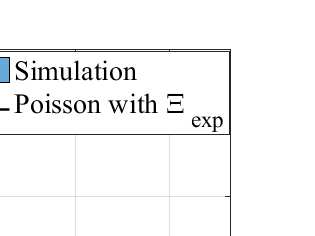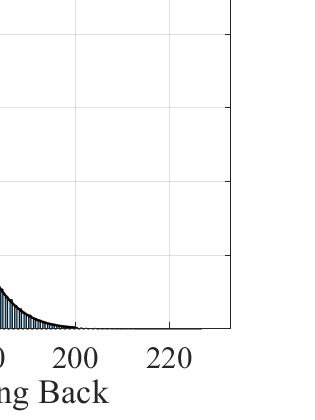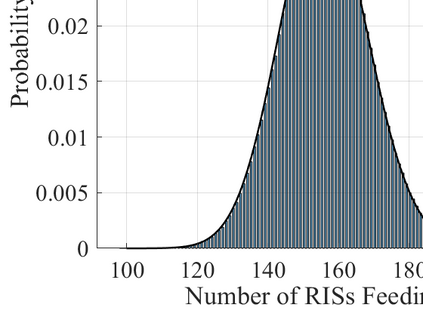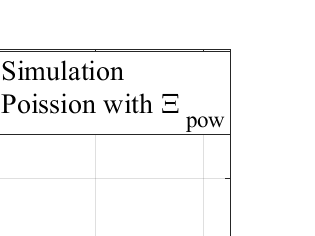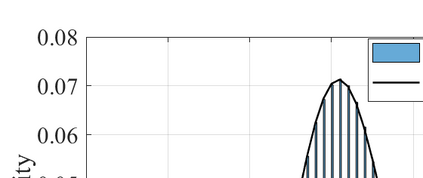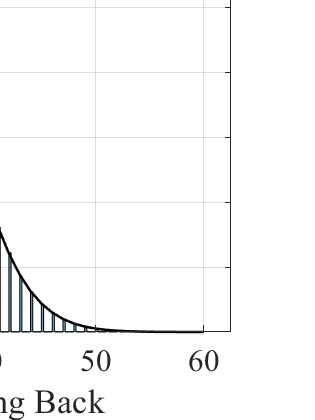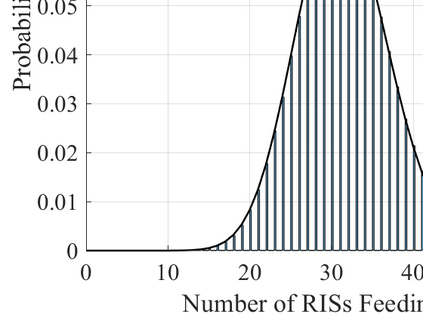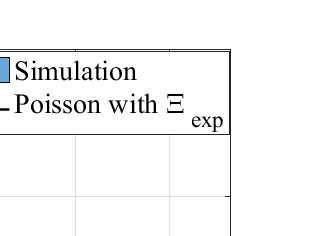The reconfigurable intelligent surface (RIS) is a promising technology that is anticipated to enable high spectrum and energy efficiencies in future wireless communication networks. This paper investigates optimum location-based RIS selection policies in RIS-aided wireless networks to maximize the signal-to noise ratio (SNR) for a power path-loss model in outdoor communications and an exponential path-loss model in indoor communications. The random locations of all available RISs are modeled as a Poisson point process (PPP). To quantify the network performance, the outage probabilities and average rates attained by the proposed RIS selection policies are evaluated by deriving the distance distribution of the chosen RIS node as per the selection policies for both power and exponential path-loss models. Feedback could incur heavy signaling overhead. To reduce the overhead, we also propose limited-feedback RIS selection policies by limiting the average number of RISs that feed back their location information to the source. The outage probabilities and average rates obtained by the limited-feedback RIS selection policies are derived for both path-loss models. The numerical results show notable performance gains obtained by the proposed RIS selection policies and demonstrate that the conventional relay selection policies are not suitable for RIS-aided wireless networks.
翻译:重新整合的智能表面(RIS)是一个大有希望的技术,预计可以在未来无线通信网络中实现高频和能源效率。本文调查了RIS辅助无线网络中基于地点的RIS选择政策的最佳选择政策,以最大限度地实现户外通信动力路由损耗模型和室内通信指数路由损耗模型的信号-噪音比(SNR)最大化。所有现有RIS的随机位置都以Poisson点程序(PPP)为模型。为了量化网络性能,通过根据电力和指数路由损失模型的选择政策,根据选定的RIS节点的距离分布,对拟议的IRS平均概率和平均速率进行评估。反馈可能会产生巨大的信号间接影响。为了减少电流,我们还提出了有限的RIS选择政策,限制将位置信息反馈到源的RIS平均数量。为有限负担的RIS选择政策所获得的超值概率和平均速率是用于路径亏损模型的。数字结果表明,为常规中继系统选择政策所取得的显著性能收益是常规选择政策。

